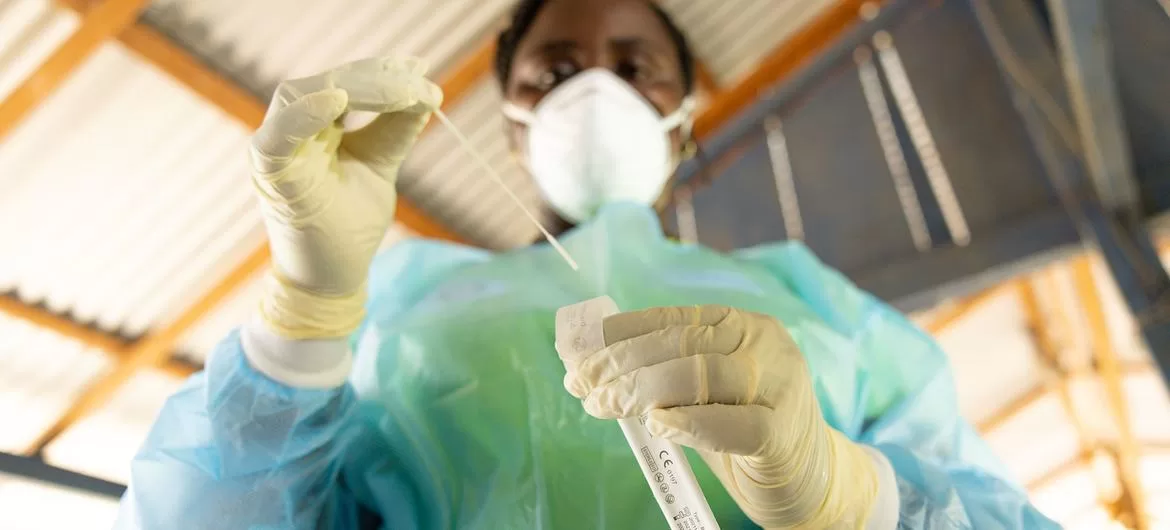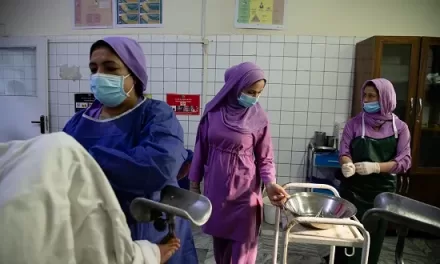New Delhi , September 17 – The recent death from Nipah virus in Kerala, the second since July, has intensified concerns about potential outbreaks across India, highlighting the urgent need for robust disease surveillance systems.
Dr. Soumya Swaminathan, former Chief Scientist at the World Health Organization (WHO) and current Principal Adviser at the Union Health Ministry for the National Tuberculosis Elimination Programme (NTEP), emphasized the importance of state-level preparedness in tackling diseases like Nipah, Monkeypox, and Tuberculosis (TB).
In an interview with ANI, Swaminathan stressed that while Monkeypox is not endemic to India, vigilance is crucial due to international travel and the possibility of imported cases. She noted that Indian ports have bolstered their surveillance capabilities and are equipped with isolation facilities to handle potential cases. Monkeypox, which is managed through close contact precautions and public awareness, remains a concern due to its potential for international spread.
Swaminathan highlighted the need for improved systems to manage small outbreaks, as evidenced by recent incidents in Gujarat and Kerala. She emphasized the importance of a well-trained workforce and the ‘One Health’ approach, which integrates surveillance across human, animal, and environmental health sectors. She also pointed to the need for continued research into animal immunization and international collaboration for vaccine development.
Despite the setbacks caused by the COVID-19 pandemic, Swaminathan expressed optimism about India’s progress in tuberculosis detection and cure rates. She called for increased investment in TB vaccine research, drawing attention to historical successes with vaccines in eradicating infectious diseases. The Indian government, under the leadership of Prime Minister Modi, is committed to advancing TB vaccine development, with ongoing efforts from Indian companies and research centers aimed at achieving significant progress within the next decade.
Swaminathan’s remarks underscore the critical need for comprehensive disease surveillance and preparedness to effectively address current and emerging health threats, ensuring a resilient response to outbreaks and enhancing public health outcomes in India.












